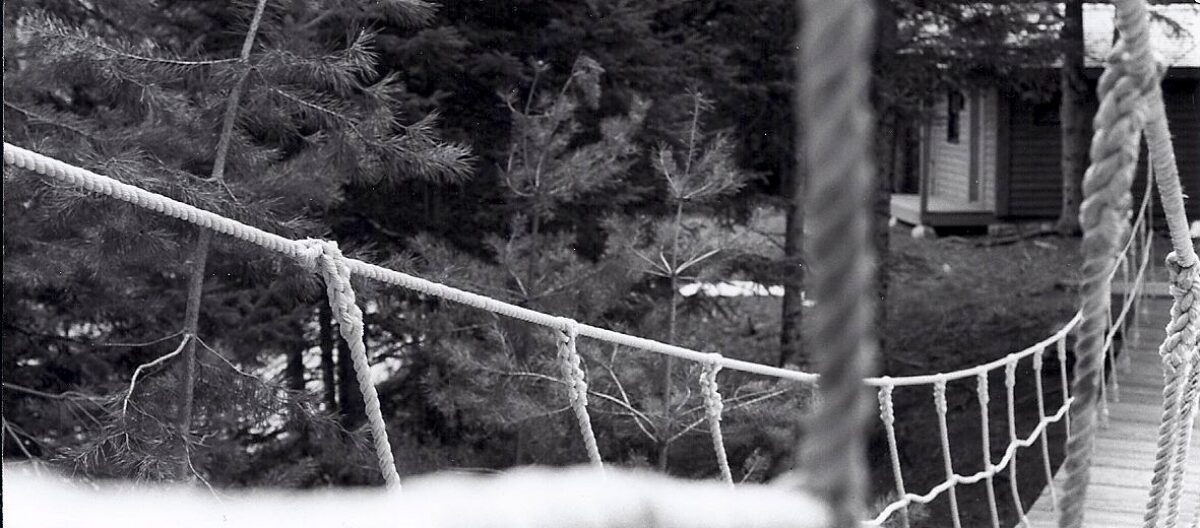THOMAS MERTON
The Isolation Blues;
reflections during covid-19

Thomas Merton circa 1965
The contemplative life must provide an area, a space of liberty, of silence and solitude, in which possibilities are allowed to surface and new choices – beyond routine choice – become manifest. It should create a new experience of time, not as stopgap, stillness, but as “temps vierge – not a blank to be filled or an untouched space to be conquered and violated, but a space which can enjoy its own potentialities and hopes – and its own presence to itself. One’s own time. But not dominated by one’s own ego and its demands. Hence, open to others – compassionate time, rooted in the sense of common illusion and in criticism of it.
Thomas MertonThe Asian Journal; November 7, 1968
One thing has suddenly hit me – that nothing counts except love and that a solitude that is not simply the wide-openness of love and freedom is nothing. Love and solitude are the one ground of true maturity and freedom. Solitude that is just solitude and nothing else is worthless. True solitude embraces everything, for it is the fullness of love that rejects nothing and no one, that is open to All in All.
Thomas MertonPersonal Journal; April 14, 1966
Ordinary people hate solitude but the master makes use of it embracing his aloneness realizing he is one with the universe.
Tao Te Ching #42
Some people see the glass half full, others see it half empty. I see a glass that’s twice as big as it needs to be.
George Carlin
*
As many of us have been cooped up in our homes and apartments for several weeks now, the boredom and monotony has begun to set in. What initially felt like a chance to get caught up on things we’d been wanting to do but didn’t have the time, has now become a matter of simply running out of things to do. Of course it also depends how many people or animals you are sharing your space and time with during the quarantine. Your social-space may feel very empty or it might be bustling with work at home, school at home or just trying to get all the household chores completed and still pay the bills.
The COVID-19 coronavirus pandemic has foisted an involuntary solitude upon us whether we like it or not. But instead of an inconvenience or unwelcome disturbance, perhaps this could be an opportunity for something new to emerge. An intentional distancing from our distractions and routine can establish new space for self-reflection and insight. Solitude clears an opening to hang out and explore what’s happening in our interior life. What’s important? Who am I? How do I want to spend this short and valuable life span?
When I returned to northern Maine after seminary I built a small cabin on the Meduxnekeag River on back of my parent’s property. About a year after I moved into the cabin they asked me a question, “What do you do with all your time in the woods?” They couldn’t imagine what I did after dinner every night with no TV or cable (this was before the internet…). The first thing I noticed when I went to the woods was that when you eliminate the framework of your routine, suddenly you have an undefined block of time available for something else. It was a liberating insight. The question then becomes, “How do I want to fill it?” The advice from the contemplative tradition is to protect the spaciousness you’ve just created and take great care in what you re-introduce. Don’t just fill it up again. Make it intentional.
Leave space for your own thought.
Leave space for critique and re-evaluation.
Leave space for something new and creative.
In solitude you are establishing interior space but that interior space includes the entire world.
There is no room for loneliness (it is simply aloneness).
There is no room for selfishness (it is self-less).
There is room for everyone and everything (especially when there is suffering and challenge in the world).
The timing of the global pandemic has coincided with the Christian liturgical cycle of Lent. I don’t think there’s any significant connection between the two, but it’s interesting (and perhaps relevant) to consider how the last couple of weeks have been an unsolicited time of restraint and re-adjustments to our everyday lifestyle. “What did you give up for Lent this year?” suddenly has a different take. With Easter’s arrival there is hope for something different; a new social contract, a lessening of inequalities, a coming together of our shared humanity and untapped potential. Whatever it takes for us to stop and notice what’s important, that’s what’s important.
In the woods,
Dave
April 7, 2020
